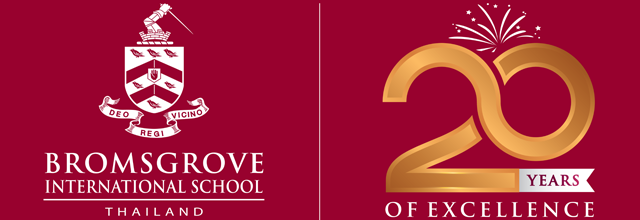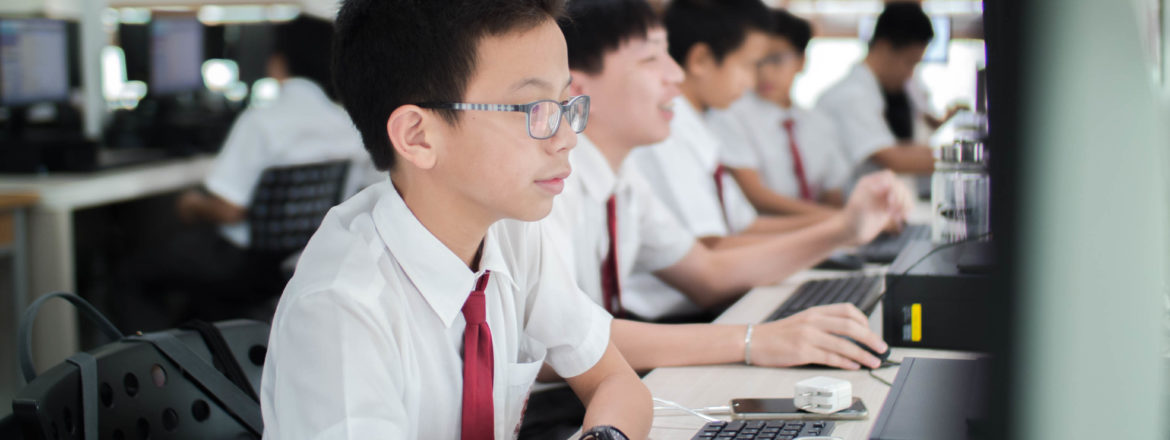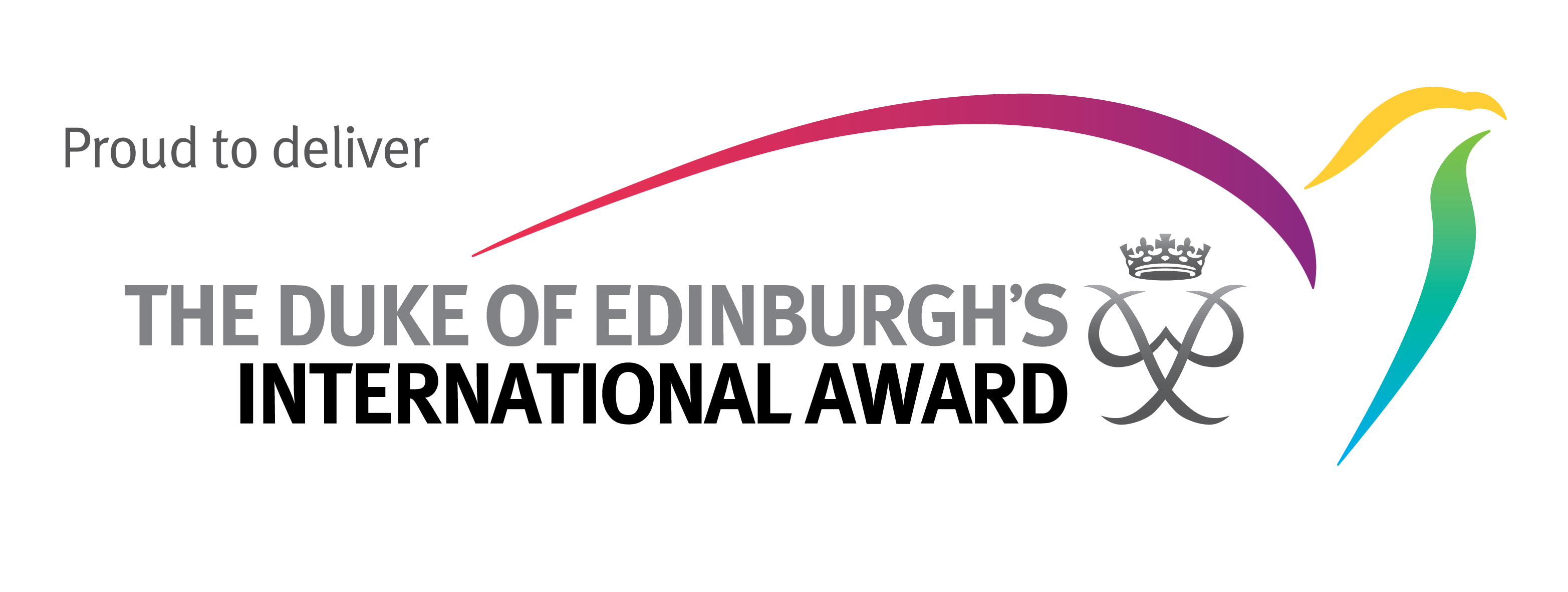Curriculum Guide

Our Primary Curriculum is exciting, relevant to today’s world and inspiring. We believe children learn best when they are motivated, curious and inspired. Based upon the English National Curriculum (ENC), our aim is for children to gain a broad understanding of the core and foundation subjects, alongside the English language skills they need for the next stages in their education. Throughout their primary education, we want our children to discover their passions and develop their independent thinking skills, allowing them to become happy, creative, moral individuals.
We use a thematic approach to learning in the Primary school. It is the way of teaching and learning where many areas of the curriculum are connected together and integrated within a theme. it allows learning to be more relevant and students can see clearly how skills become transferable to different areas of learning. So for example, a year group may have a theme of ‘The Rainforest’. It is relevant to the world today, and their future so makes it far more interesting and engaging. In English they may do reading of texts around the rainforests, writing including reports and fact files about deforestation and fiction writing imagining they are animals in the rainforest.The speaking and listening element may focus on debating the pros and cons of deforestation, with drama focusing on life in the rainforest. In science they may learn about habitats of animals in the rainforests and plants and their growth. In history, students may explore the history of the indigineous people of the rainforest and in geography learn about the locations of rainforests around the world and climate. Music may include recreating noises and sounds of the rainforest, an art may have a focus on transforming their classroom into a rainforest.
Each subject learnt in Primary School has a set of objectives per year group to ensure progression in knowledge and understanding, as well as skills.Our theme approach to achieving these increases the levels of engagement, excitement and purpose for the learning. If a subject does not lend itself to a thematic approach, for example mathematics, then this is taught as a discrete subject.

The subjects taught in Primary School using a thematic approach where applicable are:
- English – phonics, reading, writing, speaking, listening and drama
- Mathematics
- Science
- Computing
- Humanities – history and geography
- Art and Design Technology
- PSHE – personal, social and health education
- Music
- Sport and Physical Education
- Languages
- Thai Culture
SEN
In Primary we have a Special Educational Needs programme to support students that require additional support in the area of learning, social skills and/or personal skills.
Assemblies
We have a number of assemblies throughout the year in Primary and see them as an integral part of our school. They cover a range of themes, and are a wonderful opportunity for the students to be recognised for their achievement, effort and skills, as well as the assemblies being a vehicle for our PSHE (personal, social, health, economics) curriculum. Examples of assemblies include:
- Celebration assemblies to recognise achievement in academics and personal/social skills
- House camaraderie and competition
- Singing
- PSHE curriculum eg friendship, risk-taking, being okay to make mistakes and learn from them
- Year group learning assemblies to show their parents and peers what they have been learning in school
- Celebration of different events such as Christmas, Chinese New Year, Loy Krathong
House Points and Marbles
Students in Primary are recognised for their attainment and effort in learning. House Points are collected throughout the term and these are converted into bronze, silver, gold and platinum certificates.
In addition, we build team spirit through the collection of virtual marbles to go into a class’ marble jar. Marbles are received for non-academic traits and acts that we deem incredibly important here at Bromsgrove. For example, you may be given a marble for being kind to your peer, helping to tidy-up, asking a friend to come and play with you, or holding a door open from someone. Each full jar is converted into a whole class reward; perhaps a cooking session or extra play at breaktime.
Charity and Service
Leadership
In Primary, our older students have additional responsibility in School. We have:
- House Captains
- Music Captains
- Sports Captains
- Community Champions
- Learning Champions
In their roles they take responsibility for many different aspects of school life and thrive in a leadership environment.
School Council
Students from across the Primary School are represented in Student Council. We have councillors from every class that come together regularly to discuss school matters, and help to improve our school. They have had incredible success over the years and our young learners have been instrumental in helping our Primary school to grow and develop.
Service Opportunities
We provide many opportunities for our Primary learners to give back to the community and be responsible citizens.
- Year 4, 5 and 6 participate in a residential expedition each year. Part of the trip focuses on giving something back to people or our planet. For example Year 6 take donations for an orphanage as part of their trip to Kanchanaburi and spend a day with the children at the orphanage. Year 5 take part in research being undertaken to monitor the levels of trash pollution in our sea around the islands in Sattahip and undertake a beach cleanup.
- Each of our Houses (Taylor, Walter and Edwards) is connected to a local charity here in Bangkok, and there are a number of events throughout the year to raise money for your House charity.
- We make connections with other services and charities in our local community to offer support and educate our students of their social responsibility.
- In school we encourage peer to peer support. Both our learning and community champions seek out ways to support other students and help them academically, socially and personally.
ECAs and Academies
Our Primary students have Extra-curricular Activities (ECAs) 3 days a week. They can choose from over 30 clubs, in the areas of sport, the arts, academics, and life skills. It is a wonderful opportunity for our students to explore new areas of learning, or further develop their passions and interests.
In addition to our ECA programme Primary students are invited to join our academy programme in the following areas:
- Golf
- Individual instrument learning
- Chinese (all levels)
- Football
- Basketball
We continue to build and grow our academies.
Parents
Partnership with parents is incredibly important to us in the Primary school. Good communication is essential for our partnership to be successful; by email, phone or in person. We welcome parents into the Primary school and seek out ways for parents to share in their child’s learning and experiences in school, as well as supporting parents to assist their child in their learning journey. We run parent workshops throughout the year, have experiences for parents to come and share in their child’s learning, use parent voice to help grow and build our school experience, and welcome parents to a number of events throughout the year, such as Loy Krathong, productions and the Christmas Fayre.













